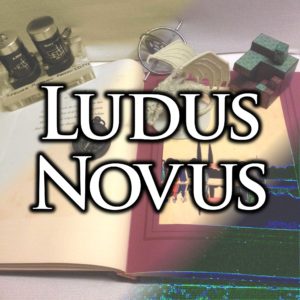Based on a request by Kongregate user Enthernalcz, I added a new type of block to my 2009 game Exploit. His original message read:
Gregory, could you please add buffer nodes that make the blocker node active instead of deactivating it in Exploit? It would then be Turing complete, allowing us to do complete gates.
I think he was actually requesting functionality that would let blocker nodes act as a rudimentary 1-bit memory unit that could be turned on and off at will. However, that’s a bit complex to do with how Exploit handles its blocks, so I went for a simpler interpretation of the request. I’ve added the “Antiblocker” block type, which always allows packets through unless it’s sent a signal from a Buffer node. I haven’t actually done the thinking to figure out if this allows Turing completeness, but it’s probably a step in the right direction. I let this request sit for almost a month, but it only ended up taking me an hour or so to code.
Note that there’s odd timing discrepancies between the life of a Blocker and an Antiblocker. Exploit, to my shame, keeps track of block lifespans using Flash’s built-in alpha variable, which doesn’t always behave as you’d expect. They should each take the same amount of time to recover, but for some reason Antiblockers are recovering quicker for me. Oh, well. If you want a demonstration of the new unit, check out the sample level I made.
I do have plans for an Exploit 2, by the way, although they’re strictly on paper. These plans include social engineering, puzzles with obscured contents, and a virtual gray marketplace where you can purchase (fake ingame) DDOSes and other bonuses with money earned through optional objectives. Perhaps the best features I’ve got written down are scripts and tools. I’d like players to be able to record and replay click sequences, as well as set ports to auto-fire as soon as they recharge. This should eliminate some of the frustration that players experienced with the game’s sometimes overdemanding timing.
Let me repeat that any plans for a sequel are just that: plans. Not one character of code has been written for such a game, and the due date isn’t a question of “when it’s done,” but rather a question of “if I start in the first place.”
